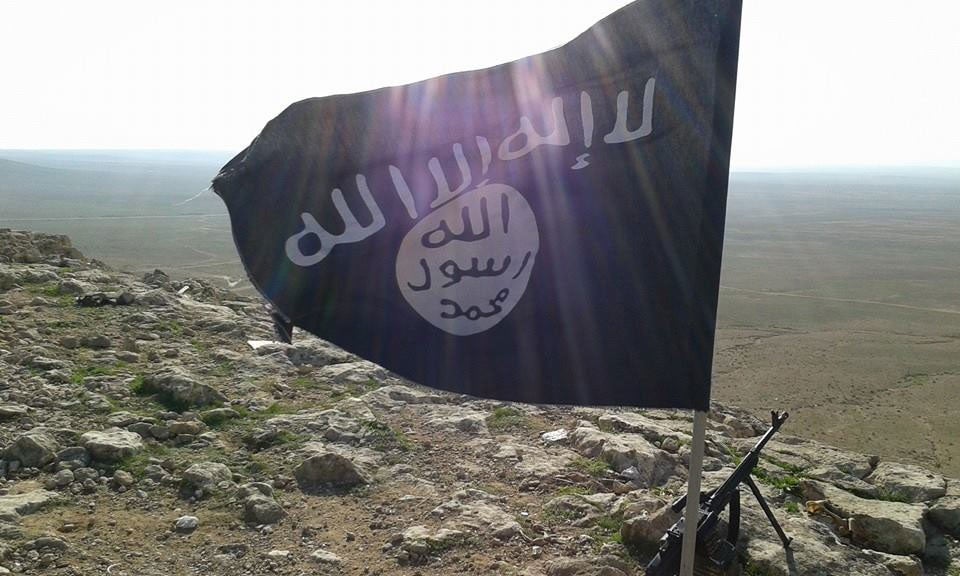War with Isis: Militants kidnap up to 90 Assyrian Christian men, women and children from villages in north-east Syria
The jihadis may be responding to Syrian Kurdish military advances in that part of the country

Isis fighters have kidnapped at least 90 Assyrian Christians from villages in north-east Syria, most of whom are women and children, according to local sources. Isis frequently uses the taking of hostages, either individuals or whole communities, as a means of asserting its power.
The fighters swept into a string of 35 Assyrian villages on the Khabur River 50 miles south of Qomishli early on Monday morning. Johanna Towaya, a Christian community leader in Erbil, says that people from the area “say that 12 village guards were killed and between 150 and 200 villagers were taken hostage”. Two churches have been burnt. A further 3,000 have fled to territory held by Kurdish forces.
In the city of Hassakeh, local clergy say that their church and community hall are over-crowded with refugees who are being farmed out to stay with local Christian families. Information is sparse because phone lines to the area are down and mobile phones are not being answered.
The Assyrian Christian villagers in this part of Syria are the descendants of survivors of two infamous massacres in the 20th century. The first was the genocide, which was not just confined to Armenians, conducted by the Turkish government between 1915 and 1918. There was a further smaller slaughter of Assyrian Christians in Iraq in 1933 at the conclusion of the British Mandate which culminated with the killing of at least 600 Assyrian at Simele in northern Iraq. The Assyrians in the Khabur area always refer to their villages and towns as “camps” to emphasise their hope to return to their original villages and towns in Iraq.
Many of the Christians taken hostage come from the village of Tal Shamiran and have been moved to Isis-controlled villages. This not the first time this has happened in eastern Syria. Before the siege of the Syrian Kurdish town of Kobani last year, Isis kidnapped busloads of Kurdish children returning from Aleppo.
Isis may be responding to Syrian Kurdish military advances in north-east Syria. Despite a siege of 134 days, Isis failed to capture the city of Kobani despite losing upwards of 1,000 fighters and was driven out by the YPG (People’s Protection Units) backed by intense US air strikes. The YPG has also been advancing in Hassakeh province, with Assyrian militia fighting beside them, since it launched an offensive at the weekend. They are threatening the Isis-controlled town of Tal Hamis and their advance is supported by US air strikes.
Some 700,000 Christians or 40 per cent of the total number of Christians in Syria have left the country since 2011. Not only Isis but most other rebel groups are hostile to Christians whom they see as supporters of the government of President Bashar al-Assad.
In Damascus, the Christian Bab Touma district has been regularly shelled by rebel mortars firing randomly into its close- packed houses. In Iraq, long established Christian communities are taking flight with the total Christian population dropping from one million at the time of the American-led invasion of 2003 to 250,000 today. And many of those remaining are refugees, having been forced to flee from Mosul and towns in the Nineveh Plain.
Isis persecutes Christians, demanding that they convert to Islam, pay an onerous tax or chose between death and exile. But they have not killed them as they have Yazidis or Shia Muslims and reports of churches being destroyed have generally turned out to false.
Patrick Cockburn is the author of ‘The Rise of Islamic State: Isis and the New Sunni Revolution’
Join our commenting forum
Join thought-provoking conversations, follow other Independent readers and see their replies
Comments